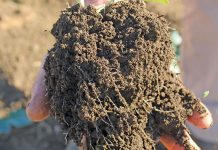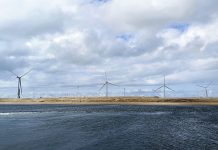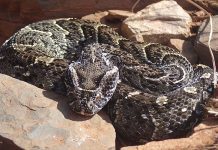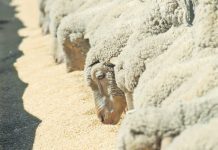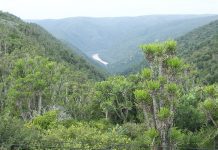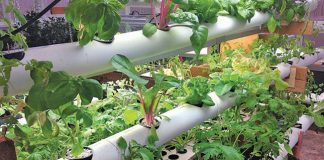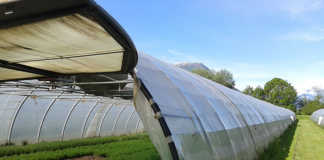More than half of the timber produced in South Africa’s 1,27 million hectares of forestry plantations goes to the pulp and paper industry. In order to remain competitive, the industry has to improve the quality of wood available. Now it appears that years of effort in this direction are paying off. Working together, the NCT Forestry Co-operative (NCT) and the Council for Scientific and Industrial Research (CSIR) have developed and introduced novel eucalyptus hybrids to the market. These combine good productivity, high pulp yield and high density.
Project pulp
Initiated in 2002, Project Pulp sought to transform the value of forestry resources by developing Eucalyptus hybrids with improved pulping properties. Studies found that improvements in volume, wood density and pulp yield had the greatest impact on the profitability of pulp production. Research focused primarily on quality issues, such as pulp yield, low extractives and low rates of delignification, whilst striving for the highest tree volume, growth characteristics and disease resistance.
Successful collaboration between the CSIR, the Department of Science and Technology (DST) Innovation Fund, and NCT has resulted in the development of a commercial and a ‘pre-commercial’ hybrid eucalyptus clone. The main purpose of the clones is to provide better quality wood to the pulping industry.
A pre-commercial clone refers to one that performed well during observation and was tested on three sites to establish its potential for commercialisation. By comparison, a commercial clone must have already performed well in the final three growth areas and be recommended by NCT.
A phased project
Project Pulp consists of three phases. In the first, new eucalyptus hybrids were developed and the first trials established.
The second phase, which is still underway, includes the production of more new hybrids, the establishment of trials and their evaluation. This phase also entails developing a commercialisation strategy. The third phase, to be completed later this year, will include further evaluation of the hybrids forming part of the trials. A new germplasm will then be selected and released.
New hybrid crosses
A number of new hybrids were produced with controlled pollination using Eucalyptus urophylla and E. grandis as parent plants. Four species were selected as pollen parents:
- E. smithii – a species with good pulping qualities.
- E. longirostrata – a high- density species that is relatively drought tolerant.
- E. grandis – a fast- growing species.
- E. urophylla – a disease- resistant species.
Choosing these pollen parents ensured that the hybrids would have strong qualities best suited to the pulp and paper industries. In doing so, Project Pulp has added significant value to the forest resources planted on limited forestry land in South Africa.
Competitive edge
With the introduction of these clones, the South African forestry industry’s pulping sector now has access to a resource with increased value. This will give it a competitive advantage on international markets. For the past two years, the hybrid clones have been marketed successfully to the forestry sector throughout South Africa by established and licensed forestry nurseries. This has been done through royalty and licensing agreements.
Intellectual Property
To ensure the protection of intellectual property, the project team applied for rights under the South African Plant Breeders’ Rights Act. The CSIRGxN2107 eucalyptus clone was used for the application because of its superior performance in various field trials. It displayed good rooting ability and was classified as a pre-commercial clone. This was the first plant breeders’ right to be issued for eucalyptus in South Africa and prohibits anyone from reproducing the clone. To date, several new hybrid clones have been developed and are currently planted in field research trials. A large number of promising clones have also been planted in commercial compartment plantings.
For more information, phone Karen Eatwell of the CSIR on 012 841 2007.

